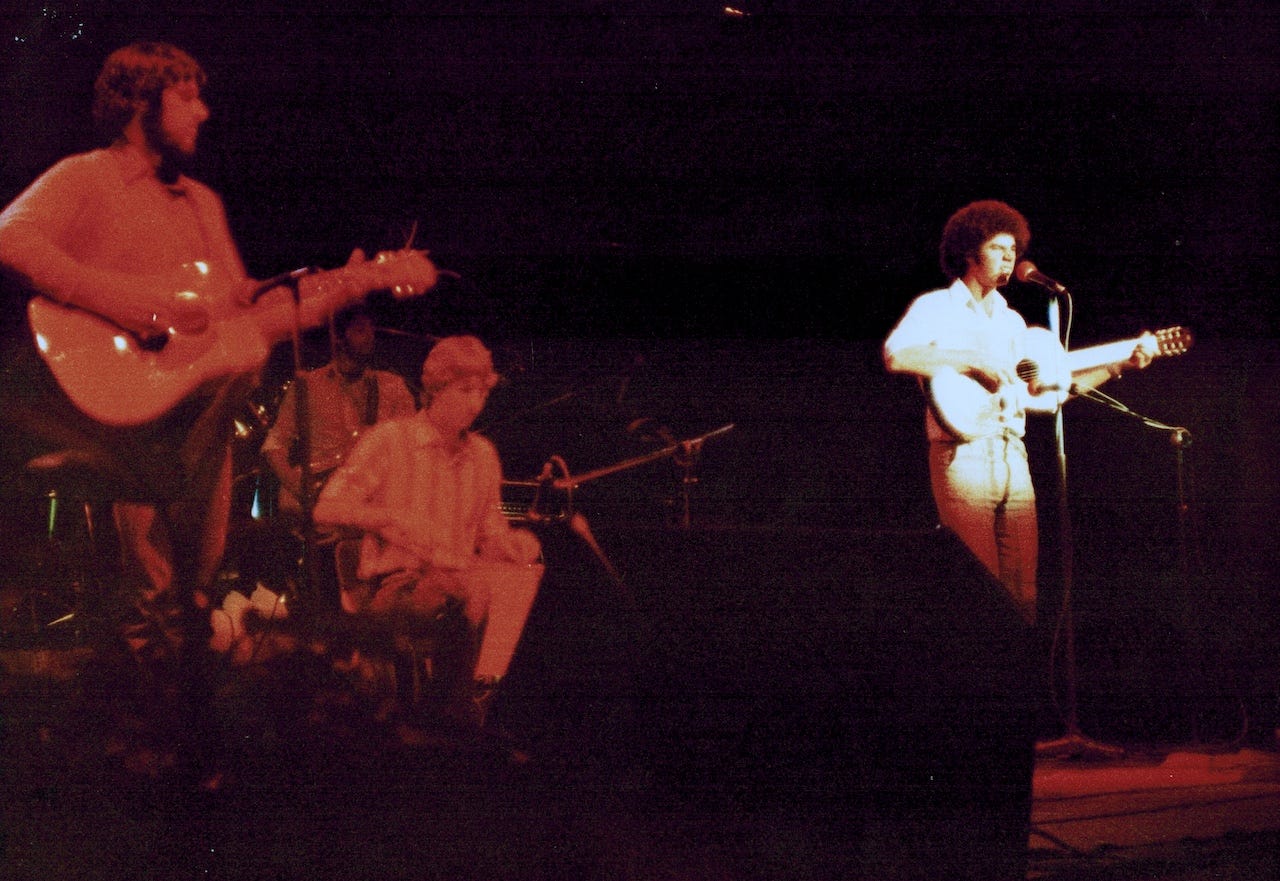As you move through life—from those carefree early days through the years of finding your place in the world, and on to building a career, maybe raising a family, and creating a home—your values naturally shift and change.
What mattered most in your twenties has probably shifted by your forties. And if you're in your fifties or sixties now, those early priorities might not even be on your radar anymore, or they've taken on a completely different shape.
That's good. That's normal.
Not only do your values change over time (which is a natural part of growing up), but what you thought mattered also changes. Many people in their middle years report that things they once believed were essential to a successful life begin to lose their appeal.
In some cases, like me leaving religion after 35 years of dedicated involvement, it's because you've seen, learned, and experienced things, and they cause you to rethink your core beliefs.
I'd go so far as to say that as you age, less matters than it used to. Or, you're just not interested in the sheer number of things you used to be, probably because your sense of value has heightened in response to the increase in awareness of your mortality.
Again, all quite normal in adult development.
Let me break this down into two parts: what matters changes, and the number of things that matter changes too.
What Matters Changes
When you were establishing your place in the world during your early adult years, it probably mattered deeply that you landed a good job, climbed the promotion ladder, and hit certain milestones—specific roles, salary levels, or even where you lived.
These things felt crucial because they were how you built your identity and security. Everyone else seemed to be thinking and talking about these things, so you did too.
But as you age, your observations, questions and priorities change too. Frankly, it takes some courage to think outside the norm.
I've found that after about 50 or so, I spent more time concerned with fulfilment in work, maintaining health, improving key relationships, and continuing to travel and have adventures.
So yes, what matters can change.
Fewer Things Matter Overall
The second shift is simpler: as you age, fewer things matter at all. I think this happens for two main reasons.
First, your growing awareness of mortality makes you want to focus on a few meaningful things rather than spread your attention too thinly. Second, you realise that despite your best efforts, most things in life will unfold as they will, regardless of your involvement. What you can actually influence turns out to be much smaller than you once thought.
Take local politics, for example. People meet, argue, propose solutions, write letters to editors, and protest. But when you're counting the years you have left, you might realise (as I did) that local politics just doesn't figure into the big picture. Same goes for national politics, the nightly news, weekend sales, what colour car you drive, or which team wins the big race.
These things are small, temporary, and often arbitrary. Building your life around them or giving them too much attention won't bring you real satisfaction or peace. Maybe some short-term enjoyment, sure, but not lasting contentment.
Your priorities focus in on things that matter most and you begin to guard your resources more carefully.
So, much less matters than we first thought and different things matter most.
In a Nutshell
As your life continues to advance, and you keep growing and changing, it pays to get clear on what really matters and what doesn't in that season—and then live accordingly.








